Compare Mortgage Loans for April 2024
| Company | Overall Rating | Min. Credit Score | Loan Amount | Fixed Rate Terms | Adjustable Rate Terms | Min. Down Payment | Loan Types | Days to Close | |
|---|---|---|---|---|---|---|---|---|---|
recommended  | 620 | Up to $2 million | 10 year, 15 year, 30 year | - | 3% | Jumbo | 5 days | Apply Now | |
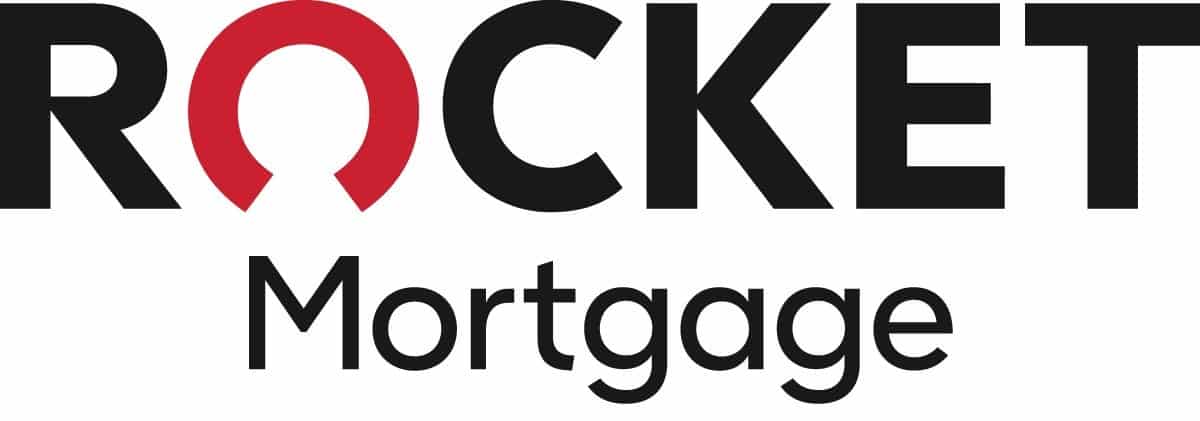 | 580 | Up to $2.5 million | Customizable (8-30 years) | 5/1, 7/1, 10/1 | 0%-3.5% | Conventional, FHA, VA, Jumbo, Fixed-Rate... Show more Conventional, FHA, VA, Jumbo, Fixed-Rate, Refinance Show less | 30 - 45 days | Apply Now | |
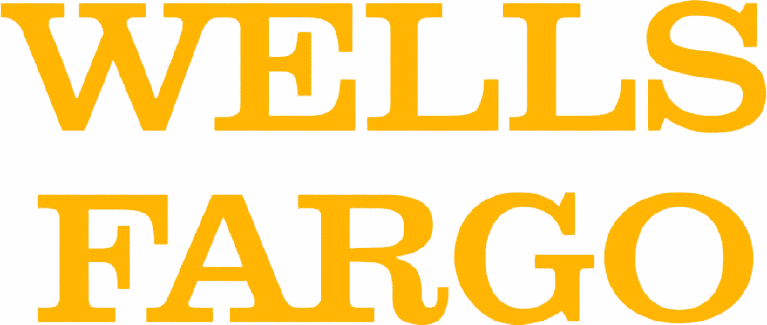 | 620 | Not disclosed | 15 year, 20 year, 30 year | - | - | Fixed Rate, ARM, Jumbo, FHA, VA | 30 days and 120 days | Apply Now | |
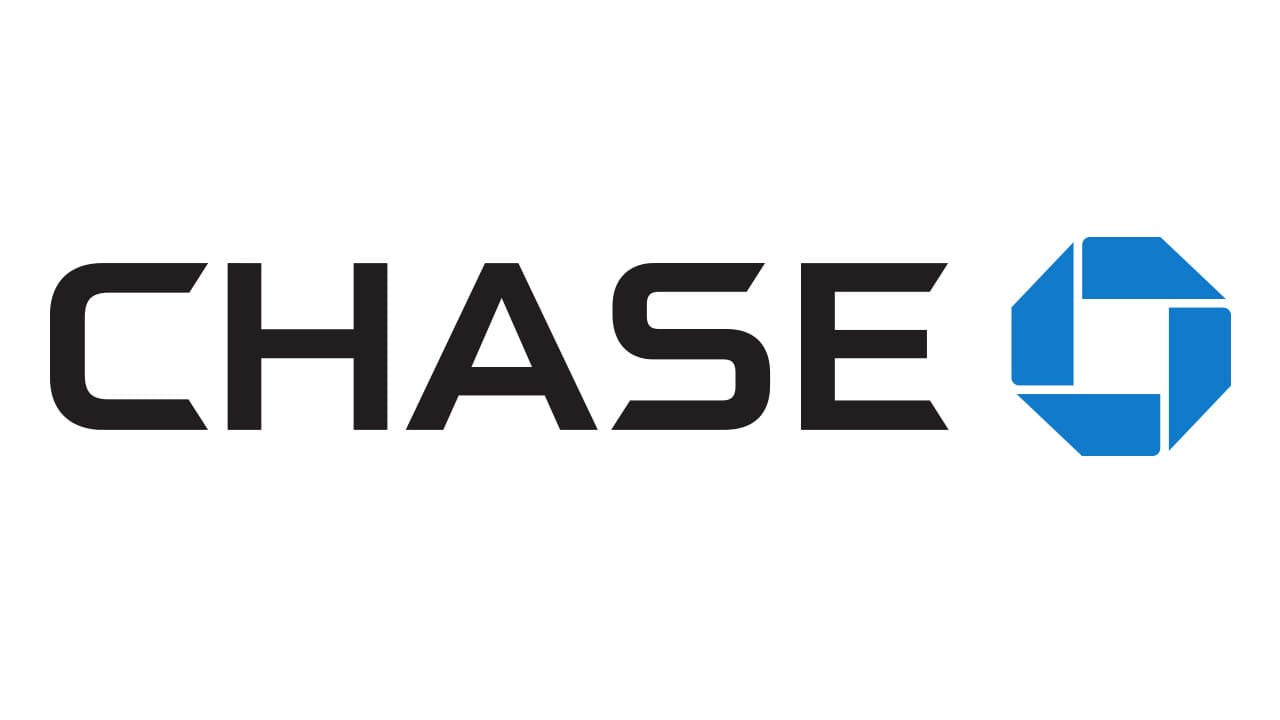 | 620 | Up to $3 million | 10 year, 15 year, 20 year, 25 year, 30 y... Show more 10 year, 15 year, 20 year, 25 year, 30 year Show less | - | 3% | Purchase, Refinance, Jumbo, Fixed, Adjus... Show more Purchase, Refinance, Jumbo, Fixed, Adjustable, FHA, VA, USDA Show less | 21 days | Apply Now | |
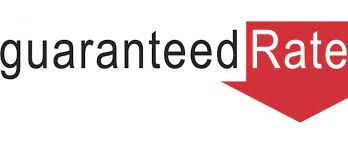 | 600 | Not disclosed | 15 year, 30 year | 3/1, 5/1, 7/1, 10/1 | 3% | Conventional, FHA, VA, USDA, Jumbo, Fixe... Show more Conventional, FHA, VA, USDA, Jumbo, Fixed-Rate Show less | 21 to 30 days | Apply Now | |
 | 620 | Not disclosed | 15 year, 20 year, 30 year | 5/1, 7/1, 10/1 | 3% | Conventional, Jumbo | - | Apply Now | |
| | 620 | Not disclosed | - | - | 3% | Purchase, Refinance, Jumbo, Fixed, Adjus... Show more Purchase, Refinance, Jumbo, Fixed, Adjustable, FHA Show less | 30 to 45 days | Apply Now | |
recommended 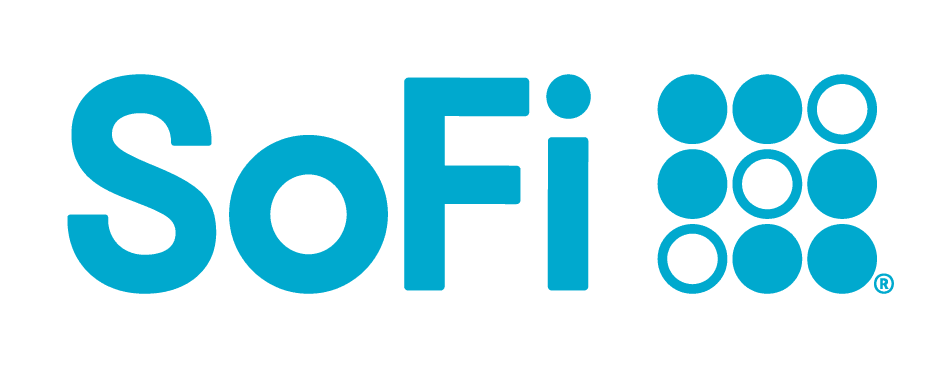 | 620 | Not disclosed | 10 year, 15 year, 20 year, 30 year | None | 10% | Conventional, Jumbo, Fixed-Rate, ARM, Re... Show more Conventional, Jumbo, Fixed-Rate, ARM, Refinancing Show less | - | Apply Now | |
 | 580 | Not disclosed | 15 year, 20 year, 30 year | 1/5, 7/1, 10/1 | 0% - 3.5% | Conventional, FHA, VA, Jumbo, Interest O... Show more Conventional, FHA, VA, Jumbo, Interest Only Show less | 30 to 45 days | Apply Now | |
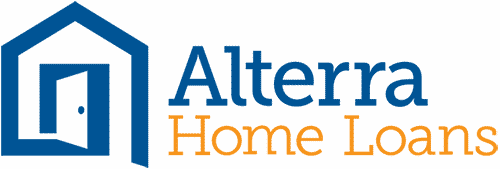 | 580 | Not disclosed | 15 year, 30 year | 1/5, 7/1 | 0% - 3.5% | Conventional, FHA, VA, USDA, Jumbo | - | Apply Now | |
 | 580 | Not disclosed | 10 year, 15 year, 20 year, 30 year | 3/1, 5/1, 7/1, 10/1 | 3% | Conventional, FHA, VA, USDA, Jumbo, Inte... Show more Conventional, FHA, VA, USDA, Jumbo, Interest Only Show less | - | Apply Now | |
 | 580 | Not disclosed | Customizable (8-30 years) | 5/1, 7/1, 10/1 | 0%-3.5% | Conventional, FHA, VA | - | Apply Now | |
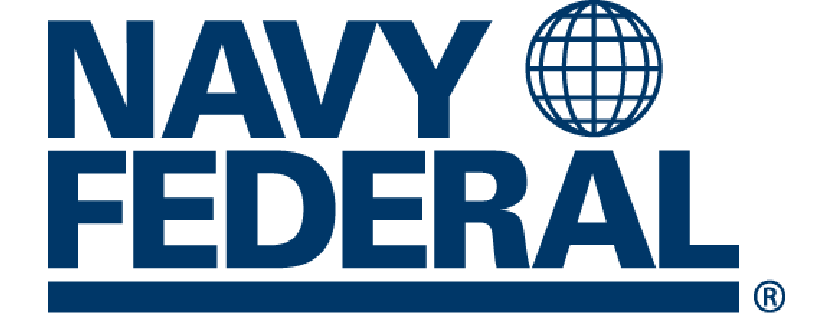 | 580 | Not disclosed | 15 year, 30 year | 1/1, 3/1, 5/1, 3/5, 5/5 | 0% | Conventional, FHA, VA, Jumbo, Interest O... Show more Conventional, FHA, VA, Jumbo, Interest Only Show less | - | Apply Now | |
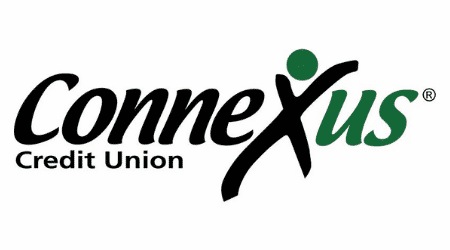 | 640 | Not disclosed | 15 year, 20 year, 30 year | 5/1, 7/1/ 10/1, 3/3, 7/3, 10/3 | 3% | Purchase, Refinance, Home Equity, Jumbo,... Show more Purchase, Refinance, Home Equity, Jumbo, Fixed, Adjustable Show less | 30 to 60 days | Apply Now | |
 | 580 | Not disclosed | - | 3/1, 5/1, 7/1, 10/1 | 3% | Purchase, Refinance, Jumbo, Fixed, Adjus... Show more Purchase, Refinance, Jumbo, Fixed, Adjustable, FHA, VA, USDA Show less | - | Apply Now | |
 | N/A | Not disclosed | 10 year, 30 year | 10/1, 7/1, 5/1, 3/1 | 3% | Conventional, FHA, VA, USDA, Jumbo | 35-day average | Apply Now | |
 | 580 | Not disclosed | 3 year, 15 year, 20 year | 3/1, 5/1, 7/1, 10/1 | 3% | Conventional, FHA, VA, ASDA, Jumbo | - | Apply Now | |
 | 580 | Not disclosed | 15 year, 30 year | 5/1, 7/1, 10/1 | 3% | Conventional, FHA, VA, Jumbo | - | Apply Now | |
 | 620 | Up to $4 million | 15 year, 20 year, 30 year | 5/6, 7/6, 10/6 | 15% on Jumbo loans | Conventional, Jumbo, Fixed-Rate, ARM, Re... Show more Conventional, Jumbo, Fixed-Rate, ARM, Refinancing Show less | 20 days | Apply Now | |
 | 620 | - | 15 year, 30 year | 5/1 | 3.5% | Conventional, Jumbo, FHA, VA, USDA, Home... Show more Conventional, Jumbo, FHA, VA, USDA, Home Equity/HELOC, Refinance Show less | - | Apply Now | |
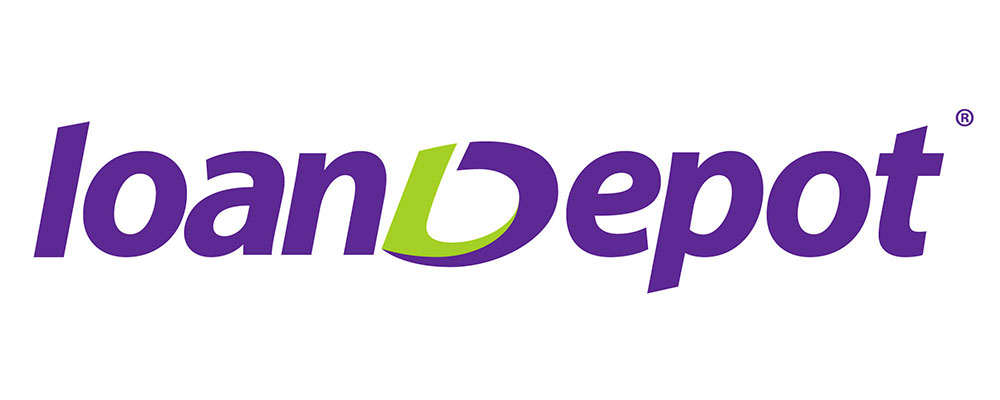 | 620 | Up to $2 million | 10 year, 15 year, 20 year, 30 year | 3/1, 5/1, 7/1, 10/1 | 3.5% | Fixed-rate, ARM, VA, FHA | - | Apply Now | |
 | 620 | - | 15 year, 30 year | - | 3% | Purchase, Refinance, Home Equity, Revers... Show more Purchase, Refinance, Home Equity, Reverse, Jumbo, Fixed, Adjustable, FHA, VA, USDA Show less | - | Apply Now | |
 | - | - | 15 year, 30 year | - | - | Conventional, Jumbo, FHA, VA, Fixed-Rate... Show more Conventional, Jumbo, FHA, VA, Fixed-Rate, ARM, Cash-Out Refinance Show less | 30 days | Apply Now | |
 | 620 | - | 10 year, 15 year, 20 year, 30 year | 5/1 , 7/1, 10/1 | 2% | Fixed-Rate, ARM, Jumbo, VA, HomeReady | - | Apply Now |
| Company | Overall Rating | Min. Credit Score | Loan Amount | Fixed Rate Terms | Adjustable Rate Terms | Min. Down Payment | Loan Types | Days to Close | Get Started |
|---|---|---|---|---|---|---|---|---|---|
recommended  | 620 | Up to $2 million | 10 year, 15 year, 30 year | - | 3% | Jumbo | 5 days | Apply Now | |
 | 580 | Up to $2.5 million | Customizable (8-30 years) | 5/1, 7/1, 10/1 | 0%-3.5% | Conventional, FHA, VA, Jumbo, Fixed-Rate... Show more Conventional, FHA, VA, Jumbo, Fixed-Rate, Refinance Show less | 30 - 45 days | Apply Now | |
 | 620 | Not disclosed | 15 year, 20 year, 30 year | - | - | Fixed Rate, ARM, Jumbo, FHA, VA | 30 days and 120 days | Apply Now | |
 | 620 | Up to $3 million | 10 year, 15 year, 20 year, 25 year, 30 y... Show more 10 year, 15 year, 20 year, 25 year, 30 year Show less | - | 3% | Purchase, Refinance, Jumbo, Fixed, Adjus... Show more Purchase, Refinance, Jumbo, Fixed, Adjustable, FHA, VA, USDA Show less | 21 days | Apply Now | |
 | 600 | Not disclosed | 15 year, 30 year | 3/1, 5/1, 7/1, 10/1 | 3% | Conventional, FHA, VA, USDA, Jumbo, Fixe... Show more Conventional, FHA, VA, USDA, Jumbo, Fixed-Rate Show less | 21 to 30 days | Apply Now | |
 | 620 | Not disclosed | 15 year, 20 year, 30 year | 5/1, 7/1, 10/1 | 3% | Conventional, Jumbo | - | Apply Now | |
| | 620 | Not disclosed | - | - | 3% | Purchase, Refinance, Jumbo, Fixed, Adjus... Show more Purchase, Refinance, Jumbo, Fixed, Adjustable, FHA Show less | 30 to 45 days | Apply Now | |
recommended  | 620 | Not disclosed | 10 year, 15 year, 20 year, 30 year | None | 10% | Conventional, Jumbo, Fixed-Rate, ARM, Re... Show more Conventional, Jumbo, Fixed-Rate, ARM, Refinancing Show less | - | Apply Now | |
 | 580 | Not disclosed | 15 year, 20 year, 30 year | 1/5, 7/1, 10/1 | 0% - 3.5% | Conventional, FHA, VA, Jumbo, Interest O... Show more Conventional, FHA, VA, Jumbo, Interest Only Show less | 30 to 45 days | Apply Now | |
 | 580 | Not disclosed | 15 year, 30 year | 1/5, 7/1 | 0% - 3.5% | Conventional, FHA, VA, USDA, Jumbo | - | Apply Now | |
 | 580 | Not disclosed | 10 year, 15 year, 20 year, 30 year | 3/1, 5/1, 7/1, 10/1 | 3% | Conventional, FHA, VA, USDA, Jumbo, Inte... Show more Conventional, FHA, VA, USDA, Jumbo, Interest Only Show less | - | Apply Now | |
 | 580 | Not disclosed | Customizable (8-30 years) | 5/1, 7/1, 10/1 | 0%-3.5% | Conventional, FHA, VA | - | Apply Now | |
 | 580 | Not disclosed | 15 year, 30 year | 1/1, 3/1, 5/1, 3/5, 5/5 | 0% | Conventional, FHA, VA, Jumbo, Interest O... Show more Conventional, FHA, VA, Jumbo, Interest Only Show less | - | Apply Now | |
 | 640 | Not disclosed | 15 year, 20 year, 30 year | 5/1, 7/1/ 10/1, 3/3, 7/3, 10/3 | 3% | Purchase, Refinance, Home Equity, Jumbo,... Show more Purchase, Refinance, Home Equity, Jumbo, Fixed, Adjustable Show less | 30 to 60 days | Apply Now | |
 | 580 | Not disclosed | - | 3/1, 5/1, 7/1, 10/1 | 3% | Purchase, Refinance, Jumbo, Fixed, Adjus... Show more Purchase, Refinance, Jumbo, Fixed, Adjustable, FHA, VA, USDA Show less | - | Apply Now | |
 | N/A | Not disclosed | 10 year, 30 year | 10/1, 7/1, 5/1, 3/1 | 3% | Conventional, FHA, VA, USDA, Jumbo | 35-day average | Apply Now | |
 | 580 | Not disclosed | 3 year, 15 year, 20 year | 3/1, 5/1, 7/1, 10/1 | 3% | Conventional, FHA, VA, ASDA, Jumbo | - | Apply Now | |
 | 580 | Not disclosed | 15 year, 30 year | 5/1, 7/1, 10/1 | 3% | Conventional, FHA, VA, Jumbo | - | Apply Now | |
 | 620 | Up to $4 million | 15 year, 20 year, 30 year | 5/6, 7/6, 10/6 | 15% on Jumbo loans | Conventional, Jumbo, Fixed-Rate, ARM, Re... Show more Conventional, Jumbo, Fixed-Rate, ARM, Refinancing Show less | 20 days | Apply Now | |
 | 620 | - | 15 year, 30 year | 5/1 | 3.5% | Conventional, Jumbo, FHA, VA, USDA, Home... Show more Conventional, Jumbo, FHA, VA, USDA, Home Equity/HELOC, Refinance Show less | - | Apply Now | |
 | 620 | Up to $2 million | 10 year, 15 year, 20 year, 30 year | 3/1, 5/1, 7/1, 10/1 | 3.5% | Fixed-rate, ARM, VA, FHA | - | Apply Now | |
 | 620 | - | 15 year, 30 year | - | 3% | Purchase, Refinance, Home Equity, Revers... Show more Purchase, Refinance, Home Equity, Reverse, Jumbo, Fixed, Adjustable, FHA, VA, USDA Show less | - | Apply Now | |
 | - | - | 15 year, 30 year | - | - | Conventional, Jumbo, FHA, VA, Fixed-Rate... Show more Conventional, Jumbo, FHA, VA, Fixed-Rate, ARM, Cash-Out Refinance Show less | 30 days | Apply Now | |
 | 620 | - | 10 year, 15 year, 20 year, 30 year | 5/1 , 7/1, 10/1 | 2% | Fixed-Rate, ARM, Jumbo, VA, HomeReady | - | Apply Now |
How to Apply for a Mortgage
Save by comparing with us first.
Consider the loan amount required for your mortgage
Compare lenders side-by-side with Financer.com
Find the best mortgage loan for your specific needs
Get started by completing a pre-qualification and checking your rate online.
As seen in




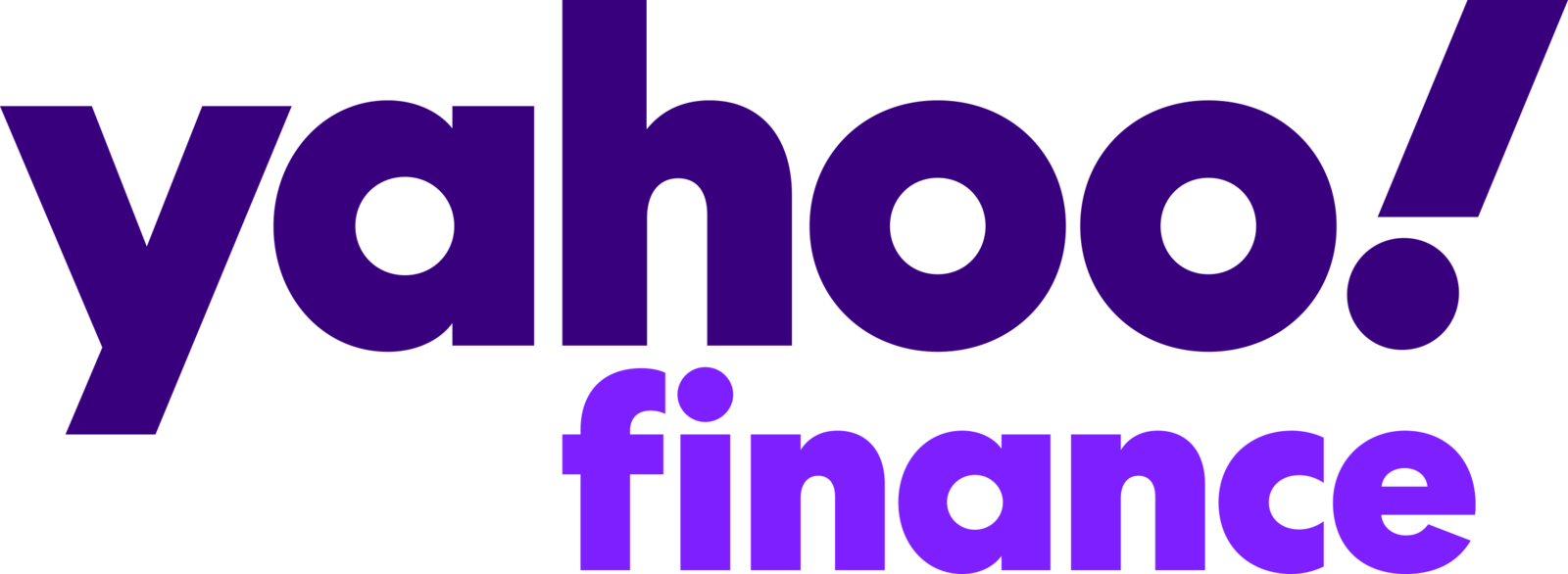

Best Rated Loans
What Is a Mortgage Loan?
A mortgage loan is a home loan provided by a bank, mortgage firm, or other financial institution for the purchase of a house—either a primary residence, a secondary residence, or an investment residence.
In a home mortgage, the owner of the property (the borrower) transfers ownership to the lender on the condition that the title is returned to the owner after the final loan payment is made and all terms of the mortgage are met.
👉 Popular mortgage lenders that offer online applications include SoFi and Axos Bank.
Why Compare Mortgage Loans at Financer.com
Should You Buy a Home with Cash?
A home mortgage is one of the most popular and also one of the most recommended types of debt.
Home loans have lower interest rates than almost any other type of loan an individual borrower might find since they are secured debt—there is an asset (the residence) that serves as collateral for the loan.
- A home mortgage is a loan made by a bank, mortgage firm, or other financial institution to finance the purchase of a home.
- A home mortgage would have either a fixed or adjustable interest rate and a term of three to thirty years.
- When the mortgage is paid off, the lender holds the title to the land, which it transfers to the borrower.
How a Home Mortgage Works
Because the entire purchase price of the house does not have to be provided upfront, home mortgages allow a much broader community of people to own real estate.
However, since the lender still owns the title to the house for the duration of the mortgage, it has the power to foreclose (seize it from the homeowner and sell it on the open market) if the borrower is unable to afford the payments.
A fixed or floating interest rate on a home mortgage is charged annually along with a contribution to the principal loan sum.
The interest rate and the periodic payment in a fixed-rate mortgage are usually the same for each term.
The interest rate and monthly payment of a home mortgage with an adjustable-rate fluctuate.
Because the homeowner faces the possibility of a rise in mortgage rates, interest rates on adjustable-rate home loans are usually lower than those on fixed-rate home mortgages.
In this case, the mortgage operates in the same way: when the borrower pays down the principal over time, the interest is measured on a smaller basis, so that future mortgage payments go toward principal reduction rather than only covering the interest charges.
Note: In a mortgage transaction, the lender is known as the mortgagee and the borrower is known as the mortgagor.
- Get fast access to your home equity
- Apply in five minutes and get funding in 5 days
- Origination fee of 0-4.99%
- HELOC up to $400,000
- See Rates in 60 seconds
- High Trustpilot Score
- NO fees required and same-day funding
- Unemployment Protection
Types of Mortgages
Mortgages come in a range of shapes and sizes. Here are the most common types of mortgages:
Fixed-Rate Mortgages
Fixed-rate mortgages are typically offered with terms between 10 years and 40 years. Terms of 15 years or 30 years are the most common.
Spreading installments over a longer period of time reduces the monthly cost thus increasing the cumulative amount of interest paid by the borrower over the life of the loan.
The interest rate on a fixed-rate mortgage remains constant over the loan’s duration, as do the borrower’s monthly mortgage payments.
Fixed-rate mortgages are also known as “traditional mortgages.”
Adjustable-Rate Mortgages
The interest rate on an adjustable-rate mortgage (ARM) is fixed for a set period of time, after which it will change on a regular basis depending on market interest rates.
Original mortgage rates are always lower than the market rate, which can make the mortgage more affordable in the short term but potentially less affordable in the long term if the rate increases significantly.
Other, less popular forms of mortgages, such as interest-only mortgages and payment-option adjustable-rate mortgages (ARMs), may have complicated repayment schedules and are better used by sophisticated borrowers.
During the early 2000s housing bubble, many homeowners experienced financial difficulties as a result of these forms of mortgages.
Reverse Mortgages
Reverse mortgages, as the name implies, are a unique financial product.
They are intended for homeowners 62 and older who want to turn a portion of their home equity into cash.
These homeowners may borrow against the value of their home and collect the funds in the form of a lump sum, a fixed monthly payment, or a line of credit.
When the creditor dies, passes away permanently, or sells the house, the entire loan balance becomes due.
Government-Insured Mortgages
Government-insured mortgages are available through the U.S. Department of Agriculture (USDA), the U.S. Department of Veterans Affairs (VA), and the Federal Housing Administration (FHA).
FHA loans are backed by the FHA and borrowers need a minimum FICO score of 580 and a 3.5% down payment. If you can put at least 10% down, you may qualify with a credit score of 500.
USDA loans are ideal for moderate- to low-income mortgages for members of the U.S. military. Some USDA loans do not require a down payment.
VA loans offer low-interest, flexible mortgages for U.S. military members and their families. VA loans do not require down payments and funding fees are charged on VA loans as a way of offsetting the cost of the program to taxpayers.
Jumbo Mortgages
A jumbo mortgage is ideal for borrowers who need a larger loan than the federal limit for a standard mortgage. In 2021, the loan limit for single-family homes in the U.S. was $548,250 and in some areas, $822,375.
Jumbo loans generally have additional requirements for borrowers to qualify. This includes a FICO score of 700 or higher.
Down payments of 10% to 20% are not uncommon with Jumbo loans and borrowers must show they have significant assets to back the loan.
Applying for a Mortgage
When you compare home loans, try to find a lender that offers the best mortgage interest rates.
Tip: You can compare home loans from online mortgage lenders as they typically offer good mortgage interest rates and a fast application process.
To secure a mortgage, the applicant must send an application as well as details about his or her financial background to a lender, demonstrating that the borrower is capable of repaying the loan.
Borrowers can seek the assistance of a mortgage broker when selecting a lender.
There are several steps to the procedure. Borrowers can first apply to be pre-qualified. Pre-qualification entails providing a bank or lender with your total financial image, which includes your debt, revenue, and assets.
The lender can go over it with you and give you an idea of how much you can expect to borrow. Pre-qualification can be done over the phone or online, and it is normally free of charge.
The next move is to get preapproved. To be preapproved, you must fill out an official mortgage application and provide the lender with all of the requisite paperwork so that the lender can conduct a thorough investigation into your financial history and current credit rating.
You will obtain a written conditional pledge for a specific loan sum, enabling you to search for a home at or below that price range.
After you’ve found a home you want, the final phase in the process is a loan commitment, which is only granted by a bank once it has accepted both you as the borrower and the property in question—that is, the property is appraised at or above the purchase price.
When the borrower and the lender have reached an agreement on the terms of the home mortgage, the lender places a lien on the property as collateral for the loan.
If the borrower fails to make payments, the lender has the right to repossess the property.
How Much of A Mortgage Can I Qualify For?
A mortgage loan amount is based on the following considerations:
- Down payment or the amount, you can initially pay in cash. How much is required for the down payment on a house varies according to many factors.
- Your credit rating. A higher credit score presents less risk to the lender so a smaller deposit may be required. A poor credit score may require a larger deposit.
- Proof of consistent income. The lender wants to ensure you have enough regular income to be able to make the monthly payments.
- Debt to income ratio. The ratio of your total liabilities to total income will be analyzed. The more liabilities, the less favorable the borrowing situation.
Example:
What mortgage can I afford with 100k salary?
- Take your household income and multiply it by 4. So a $100,000 income can roughly afford a $400,000 house.
- You can guesstimate your monthly payment will go up about $600 for every $100,000 the house is valued at.
- To get a more exact estimate, property taxes, homeowners insurance, and the average value in the area will have to be calculated. By using your zip code to find the average cost in the area of interest, you can get exact numbers calculated online and through your lender.
What Is the 50/30/20 Rule?
Also known as the 50/20/30 Rule, this popular personal budget recommends:
- Spending 50% of your income on necessities like a mortgage.
- Spending no more than 30% on wants.
- Spending 20% on savings and debt repayment.
The simplicity of this plan enables debt control while still giving your family occasional indulgences and spending.
Your needs should be covered by 50% of your income after tax deduction. These needs are your mortgage payments and other living essentials like utilities, transportation, and groceries.
When a mortgage is added, remember to add your new home insurance and property taxes to this 50%.
Americans on average pay around $1,000 insuring their homes, and about $2,000 on property taxes per year. If you are passing the 50% mark, you may have to revisit your wants.
30% of your income should cater to your wants, which are sometimes difficult to differentiate from your needs. Wants include shopping or eating out, travel and entertainment, or discretionary non-essentials.
Unlike needs, wants can be cut back or cut out if the money is needed for more important fixed expenses.
While 20% of your savings should ideally be put away for unexpected events, you may start with $500 to cover small emergencies and work your way up to a couple of months’ worth of savings.
This is also a good budgeting technique to work on getting rid of any debt, such as high-interest credit cards.
Having an emergency fund allows you to pay for the emergency as well as continue regular payments.
Without the emergency fund, your regular payments could be missed, resulting in a lower credit score and more difficulty and expense borrowing.
This 20% also goes towards saving for retirement. Buying a home and therefore paying a mortgage seems like an investment in your future and saving money, but keep in mind this 20% should not cover any house payments or basic necessities.
If you lose your job, your 20% savings will ideally cover your mortgage and necessities until you are back on your feet.
If you are still in a rut paying your mortgage, you can consider refinancing your loan.
What Is the 28/36 Rule?
The 28/36 Rule calculates the amount of debt that you and your household should take on. This rule is also used by mortgage lenders to assess one’s borrowing capacity.
This budgeting calculation rules that each household should spend no more than 28% of its monthly income on housing expenses.
Similarly, the same household should spend no more than 36% on total debt repayment, from anything from your car loan to student loans.
- Maximum of 28% of income on housing expenses
- Maximum of 36% on debt services
- The remaining 36% on savings and wants etc
Because a mortgage is considered a debt, lenders consider any debt loads found outside the 28% and 36% parameters to be unrealistic for an average American to repay, potentially leading to a default.
What Customers Say About Us
4.60 based on 324 reviews
from Reviews.io
Find Your Mortgage with Financer.com
Financer.com helps you compare the best mortgage loans in the U.S. and get the lowest loan rates from leading U.S. lenders.
We look for lenders that offer full transparency and have a long track record of successful lending and satisfied customers. We are always improving our comparisons, but are confident in what we can bring to market, and we know you will be as well.
Mortgages - FAQs
Why do you need a mortgage loan?
The cost of a home is often much greater than the amount of money saved by the majority of households. As a result, mortgages allow individuals and families to buy a home with a relatively small down payment (e.g., 20%) and a loan for the balance.
In the event that the borrower defaults, the loan is secured by the value of the land.
Can anybody get a mortgage?
Mortgage lenders would have to approve prospective borrowers through an application and underwriting method. Home loans would only be made available to those who have enough assets and income compared to their obligations to carry the value of a home over time.
When deciding whether or not to extend a mortgage, one’s credit score would be considered. The mortgage interest rate would also vary, with riskier borrowers getting higher rates.
What does a fixed vs variable mortgage mean?
Many mortgages have a fixed interest rate, which means that they will not adjust for the duration of the loan (typically 30 or 15 years), regardless of whether interest rates rise or fall in the future.
A variable, or adjustable-rate mortgage (ARM), on the other hand, has an interest rate that varies over the life of the loan depending on what interest rates are doing.
How many mortgages can I have?
In most cases, lenders would issue a first mortgage, known as a primary mortgage, and then allow for a second mortgage, known as a home equity loan. Most lenders would not allow a subsequent mortgage to be secured by the same house.
Read More About Loans
6 Loans like Spotloan: Better Options for Fast Cash
Financial emergencies happen, but loans like Spotloan can create long-term financial struggles. Luckily, there are safer, more affordable alternatives. This guide explores direct lenders with
April 1, 2024 22 min read
How to Refinance a Personal Loan: 7 Easy Steps
With the 2023 Household Debt and Credit Survey revealing that consumer debt for American households has surged to an unprecedented $17.1 trillion as of the ...
December 26, 2023 16 min read
Home Equity Loan: What You Need to Know
What is a Home Equity Loan? A home equity loan, often referred to as a second mortgage, is a type of loan where you borrow money ...
April 1, 2024 14 min read













